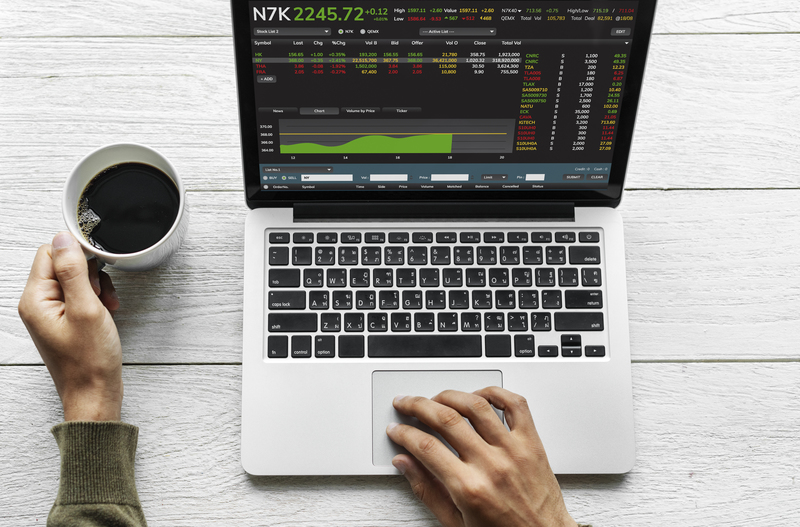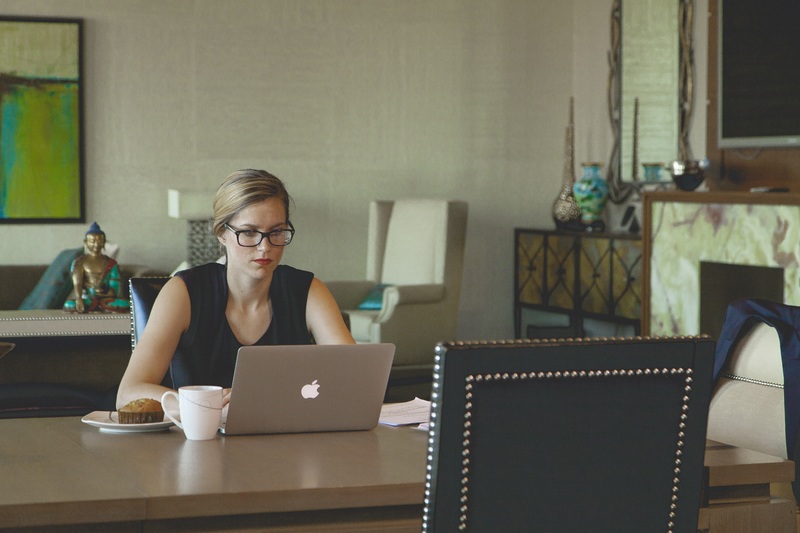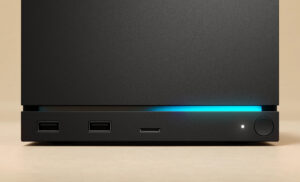Has your business made the switch to remote working during the covid-19 pandemic? It seems like remote working (or perhaps hybrid working) will be the next big trend for businesses. However, there have been some challenges surrounding it.
For example, you can’t guarantee that people will have all the equipment or software they need to work from home, and what if your device, or software, breaks down? Fortunately, virtualization, another big trend, could be the perfect companion for remote working. TechQuarters, a London IT Support company, said that virtualization has big crucial in their transition from the office to becoming a fully remote company.
Virtual Applications
The benefit of virtual applications is that it guarantees that every employee can access the applications they need to work. Whether the end-user uses Windows, macOS, or Linux, they should be able to use any apps they need to via virtualization. Moreover, app virtualization also makes it much easier to update applications when necessary and with minimal effort to the end-user.
Virtual Desktops
This is an excellent solution for working from home, as it’s been done recently, because it provides a solution to the very real issue of having business data and personal data on the same machines. Until the advent of BYOD, which themselves required device management solutions to be made safe, there were strict policies about sharing company data to personal devices, emails, etc.

“Providing IT support in London we do see some customers using personal devices for work in an unsafe way,” said TechQuarters. “Provisioning them with Azure Virtual Desktop was an easy fix for this!”
Just as device management allows you to segregate your business data in a personal device, a virtual desktop can segregate your whole work desktop within your personal PC or laptop. Using clients such as Azure Virtual Desktop (formerly Windows Virtual Desktop), your business can deploy desktops to employee computers on a session basis – i.e., you have to connect and login to the desktop through the virtual desktop client.
Remote Desktop Clients mean that employees can install the client on their personal laptop and ensure that company data is not leaked onto their personal devices.
Virtual Workspaces
Workspace virtualization is similar to desktop virtualization. While some virtual desktop clients, like Azure Virtual Desktop, can emulate a local desktop with installed applications, a virtual workspace is less like a traditional desktop and more like a repository from which you launch your applications.
TechQuarters are just one of the IT companies in London turning to virtualization to enable their workforce to work better remotely. Could virtualization be the way forward for businesses wanting to work more remotely?










